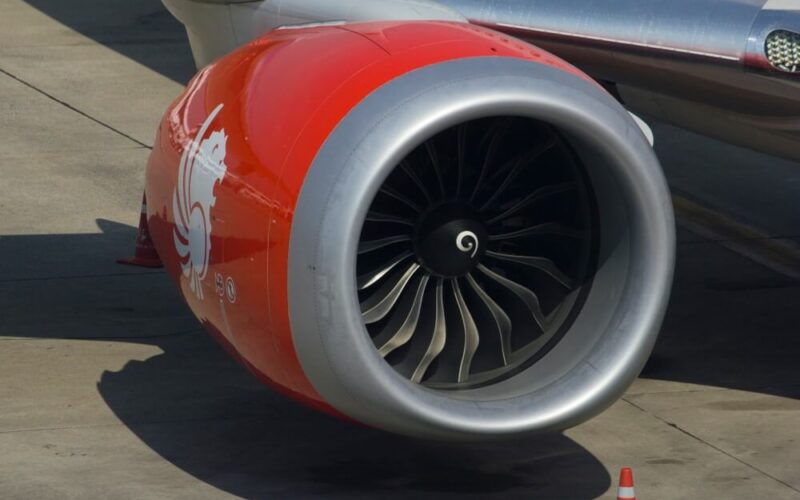The Federal Aviation Administration (FAA) issued a new airworthiness directive (AD) requiring air carriers to perform checks for CFM International Leap-1B engines on the Boeing 737 MAX Family jets in order to prevent engine corrosion caused by long-storage which might later lead to engine thrust loss.
Having received multiple reports indicating faulty pressure sub-system (PSS) units on CFM Leap-1B engines, the FAA released a new directive according to which airlines are required to perform repeated engine checks. The US authority outlined that for Leap-1B engines that were returned to service but have accumulated fewer than 15 hours of electrical power applied to the PSS unit within the past 90 days, the airline must check the engine maintenance messages related to the pressure transducer until the unit would accumulate 15 or more hours of electrical power.
Meanwhile, for those engines which have been returned to service and have already collected 15 or more hours of electrical power to the PSS units within the previous 90 days or completed 5 flight cycles, the FAA required a one-time engine check.
The same rule is applied to the air carriers whose Leap-1B engine-powered aircraft still remain in long-term storage. The FAA also warned that air carriers would need to replace the PSS units if any maintenance faults were found by the checks.
The authority decided to take active measures after the engine manufacturer CFM conducted an investigation which found that the rate of PSS unit faults significantly increased due to the long-term aircraft storage conditions that make pressure transducers “susceptible to an increased rate of faults.”
“These conditions are moisture ingress from long-term on-wing storage, coupled with certain manufacturing processes of the affected pressure transducers,” the authority outlined. “The manufacturer reported these faults have been occurring since October 2020 and are a result of pressure transducer corrosion following extended storage periods.”
The FAA alerted that the corrosion as well as subsequent electrical shorting of the pins in the pressure transducer could result in “transmittal of erroneous pressure sensor signals to the electronic engine control” as well as thrust loss.
The recent order follows the Boeing 737 MAX ungrounding as air carriers massively returned their jets to service after almost two years of storage. The authority counted that the recent directive which will take into effect on May 10, 2021, would affect 158 engines powering the US-registered aircraft.

